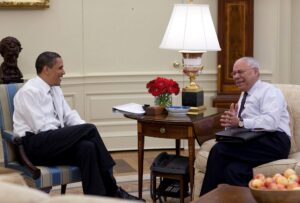We buried my bride today, saying goodbye to my partner of more than 51 years.
I am not going to dwell on the tears we shed today. There were plenty, to be sure. I want to speak briefly to the joy we felt coming from the woman who officiated over our ceremony.
The Rev. Mally Baum — who heads the staff temporarily at Trinity Presbyterian Church in McKinney — admitted she did not know Kathy Anne well, but knew her well enough to acknowledge what my family her many friends and I knew about her, which was that her belief in eternal salvation was real and was not something to show off. She felt it in the depths of her soul.
When we learned the day after this past Christmas of the cancerous tumor that would take her from us, Kathy Anne’s first words were, “We have to get it out of there.” That was a demonstration of the strength she carried with her. Through the ups and downs of our life together, I could depend on her to be strong. She kept that strength even as she faced what she no doubt knew could be a catastrophic illness.
Yet she maintained hope, which again is what her faith in salvation embedded in her.
One of my sons and I had spoken with Mally a few days ago about my bride, telling her about aspects of her life that she didn’t know. She took copious notes and today delivered a brief tribute to Kathy Anne that she packed with almost all the details of her glorious life.
We all shared some laughs and, yes, also some tears. My bride was a joyous individual, though, who spread kindness and joy willingly … and without a hint of self-regard.
As one of my sons noted in an earlier social media post about his mother, this collector of angels is now singing and dancing among the real angels.
I guarantee that the hereafter is a much happier place — if that is possible — with this latest angel among them.

